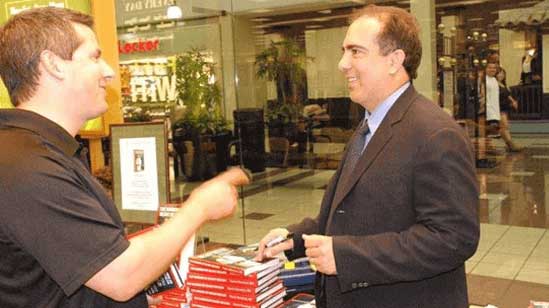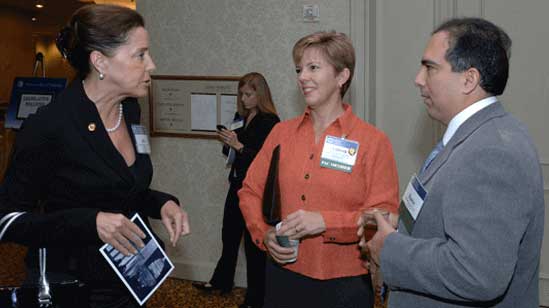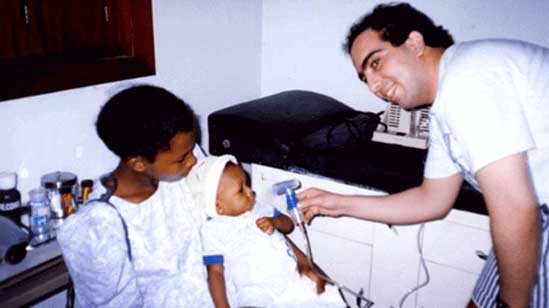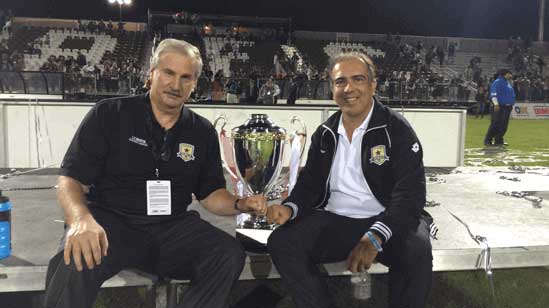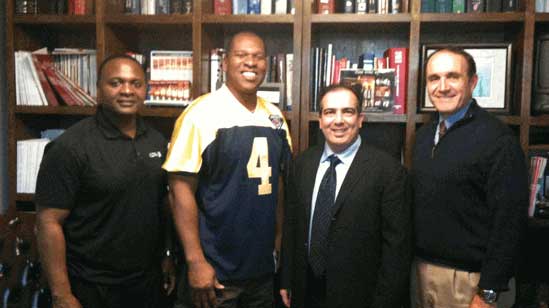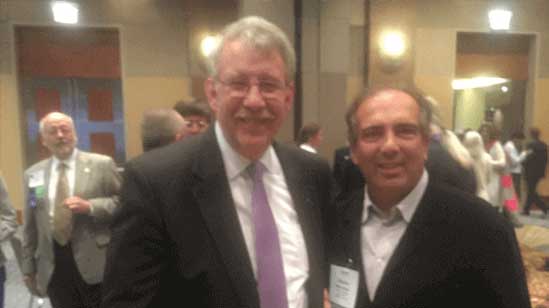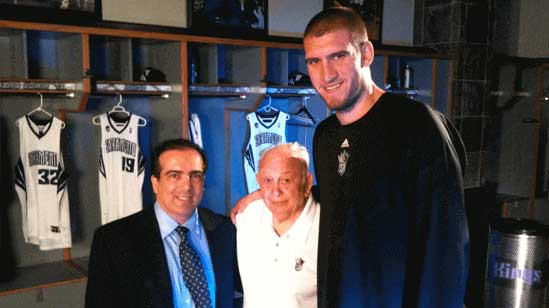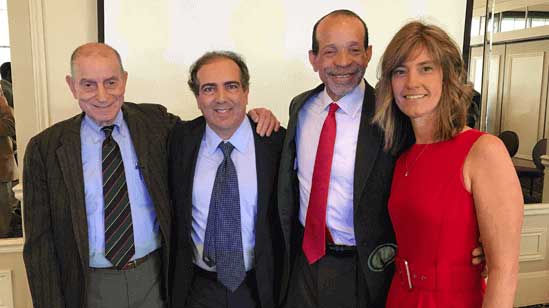What Is Hypertrophic Cardiomyopathy?
If you have cardiomyopathy, you have a problem with the muscle tissue that makes up your heart. Cardiomyopathy means "heart muscle disease." Hypertrophic cardiomyopathy is most common in young, active people. It happens when the heart muscle thickens. As a result, your heart may not be pumping as well as it should. You and your doctor can work together to help your heart.
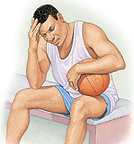
Symptoms of Hypertrophic Cardiomyopathy
Hypertrophic cardiomyopathy often causes no symptoms. If symptoms do occur, they often happen when you exert yourself. Symptoms may include:
-
Problems catching your breath.
-
Unexplained tiredness.
-
Lightheadedness, dizzy spells, or fainting.
-
Rapid, pounding heartbeat.
-
Chest tightness or pressure.
-
Fluid retention resulting in swollen feet or ankles or unexplained weight gain.
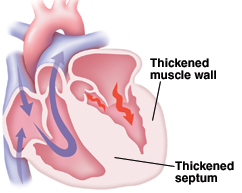
When You Have Hypertrophic Cardiomyopathy
With hypertrophic cardiomyopathy, the heart muscle grows thicker and stiffer than normal, especially the walls of the left ventricle and septum. Thickened muscle walls mean the chambers hold less blood. Thick walls may also block blood flow and damage valves. A stiff heart muscle can't relax between pumps the way it should, so less blood moves with each pump. Also, the heart may sometimes beat irregularly (too fast and out of rhythm).
Treatment for Cardiomyopathy
Hypertrophic cardiomyopathy doesn't go away. But it can be treated. Treatment can help keep cardiomyopathy from getting worse, and can reduce your symptoms. Treatment can also help prevent heart failure. (Heart failure happens when the heart muscle weakens so much that it can't move enough blood. Fluid then builds up in the lungs and the rest of the body.) Your doctor will work with you to develop a treatment plan to help you feel better now and prevent problems in the future.
Following Your Treatment Plan
Your treatment plan may include:
-
Making lifestyle changes such as balancing activity and rest, quitting smoking, and tracking your weight.
-
Eating less salt, if so instructed. Follow your healthcare provider's advice.
-
Taking medications and having medical treatments.
Be sure to see your doctor regularly. Mention any problems you are having with your treatment plan. Be honest if you are not doing something your doctor has suggested. He or she may be able to make some changes to help your plan work better for you.
ÂÂ

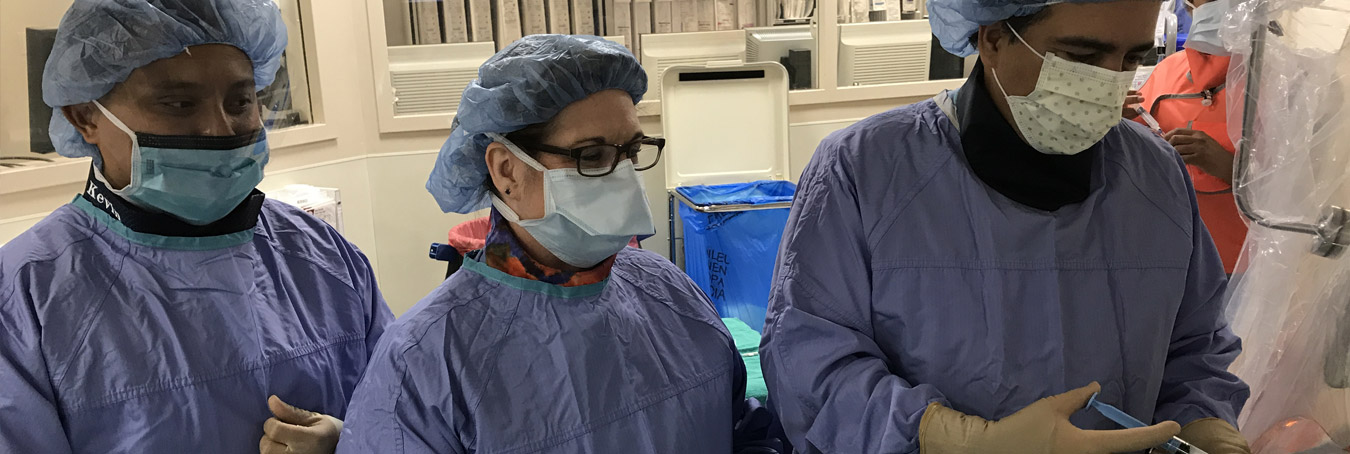




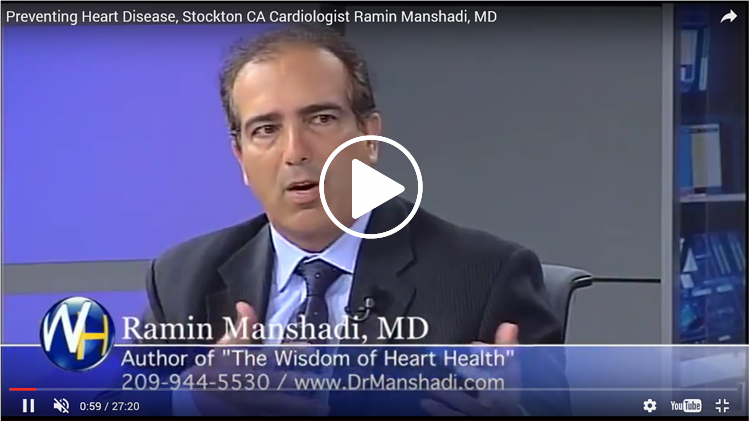
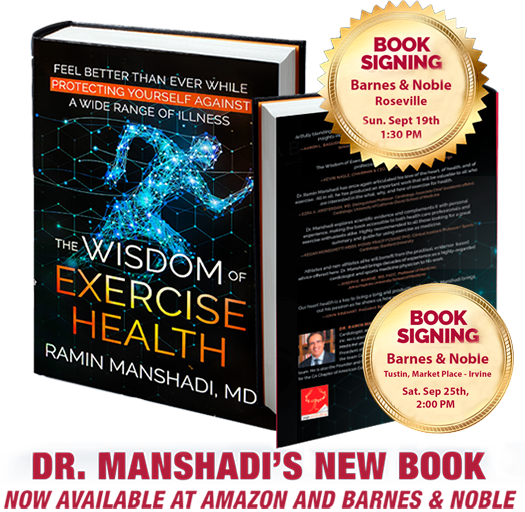

 Click Here for More Details
Click Here for More Details